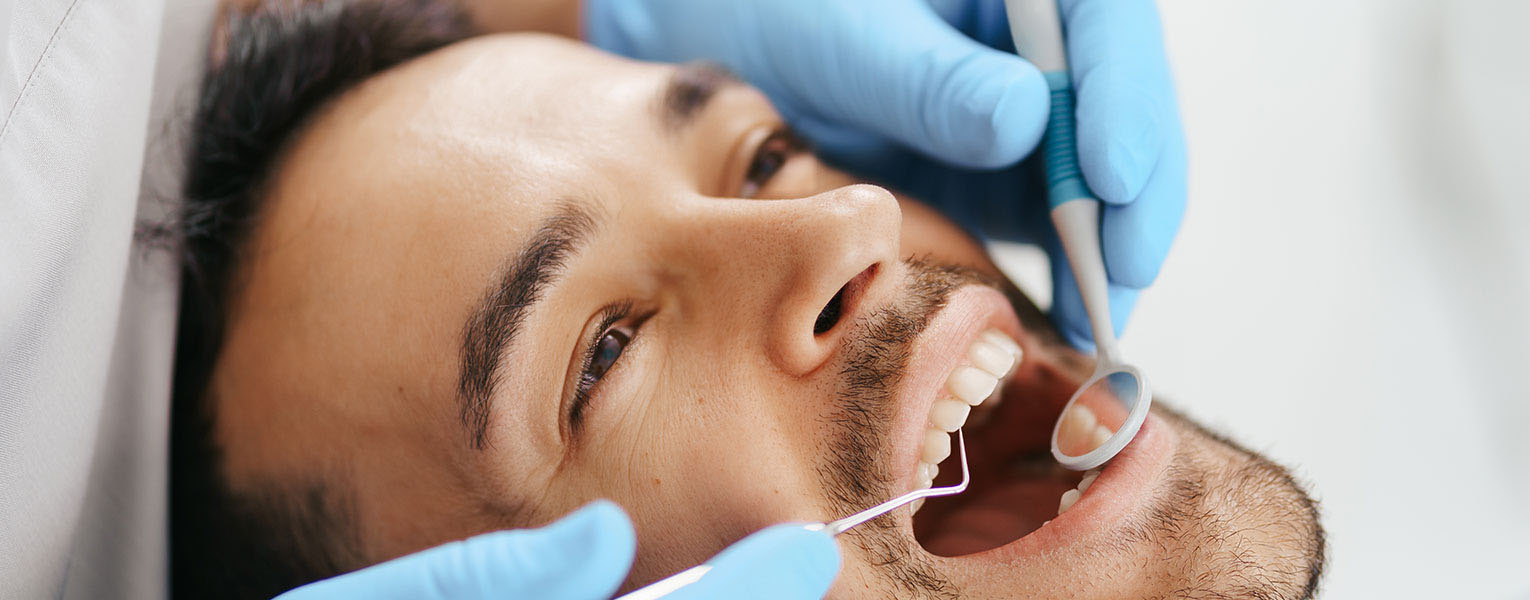What is Orthognathic (Maxillofacial) Surgery?
It is a surgical method that helps to fix the shape, form, and relation deformities of lower and upper jaws. It is colloquially known as jaw surgery.
Where Do Orthognathic Surgeries Take Place? Do You Perform Them?
In such cases, orthodontists and plastic surgeons work together. Such maxillofacial surgeries are performed at a general hospital under general anesthesia. The operation is performed by the plastic surgeon.
Are Orthodontics and Orthognathic Surgery Separate Procedures?
Orthognathic surgery is an operation that is performed during the orthodontic treatment period. They are not separate treatments. For example, orthognathic surgery is performed when the two-thirds of a two-year orthodontic treatment is completed. After surgery,corthodontic treatment continues for approximately 4 months.
I Want to Just Wear Braces Without Maxillofacial Surgery
Let’s assume that your lower jaw is too protruded. Starting from the moment the braces are placed, the teeth start to straighten and the lower jaw protrusion becomes more noticeable. In addition, there will not be a proper bite occlusion. As a result, the existing appearance will become worse.
If I Only Have a Tooth Extraction, Will There Be a Need for Maxillofacial Surgery?
In rare cases, the treatment is performed without surgery only with tooth extraction. However, the appearance does not improve as there are no changes in the bone structure. Your dentist may still recommend maxillofacial surgery after the examination.
Are Such Operations Performed Frequently?
Such maxillofacial surgeries have been performed in our country for a very long time. There are certain plastic surgeons with whom orthodontists work in partnership. These surgeons perform these surgeries very frequently and successfully.
There is a Plastic Surgeon That We Know. Can You Perform the Surgery With Him/Her?
Such cases necessitate team work. Your orthodontist has to have previously worked with the surgeon. Some plastic surgeons specialize in operations such as rhinoplasty or breast surgeries. Thus, they need to be vetted very well. Your orthodontist will recommend you an experienced doctor. It would be safer to decide together after examination.
Is Orthognathic Surgery Risky?
Every surgery that is performed under general anesthesia poses certain risks. No doctor can say that any operation is without its risks. Boarding a plane is also risky but the plane is a frequently used medium of transportation in daily life.
Will There Be Any Surgical Scars?
The surgery is performed inside the mouth. No part of the operation is performed on your face. So, there are no surgical scars left. There will only be a swelling on the face due to edema. This swelling recovers very quickly.
Will I Feel Pain After the Maxillofacial Surgery?
You will take painkillers after the operation. It is normal that you feel a gradually decreasing pain for 1 to 3 days.
When Will I Be Discharged From the Hospital?
Under normal circumstances, you will be discharged the next day after the surgery. Your doctor will examine you the next morning after the surgery. After the examination, your doctor will decide on whether you will be discharged or not.
What Will Happen After the Maxillofacial Surgery?
The jaws will be tied with rubber bands for 1 week in order for the bones to fuse. You can change these rubber bands yourself as well. In this period, you should follow a liquid diet. 2 days after the treatment, you will be in a state to walk at home by yourself. You need to visit your dentist 1 week after the maxillofacial surgery for an examination.
In this examination, your mouth will be opened and you will be taught jaw opening and closing exercises. After this stage, you will be using rubber bands less frequently.
The orthodontic treatment continues for (an average of) 4 months and then your braces are removed.
Author of the Article: Dr. Dt. Cihan Çapan
